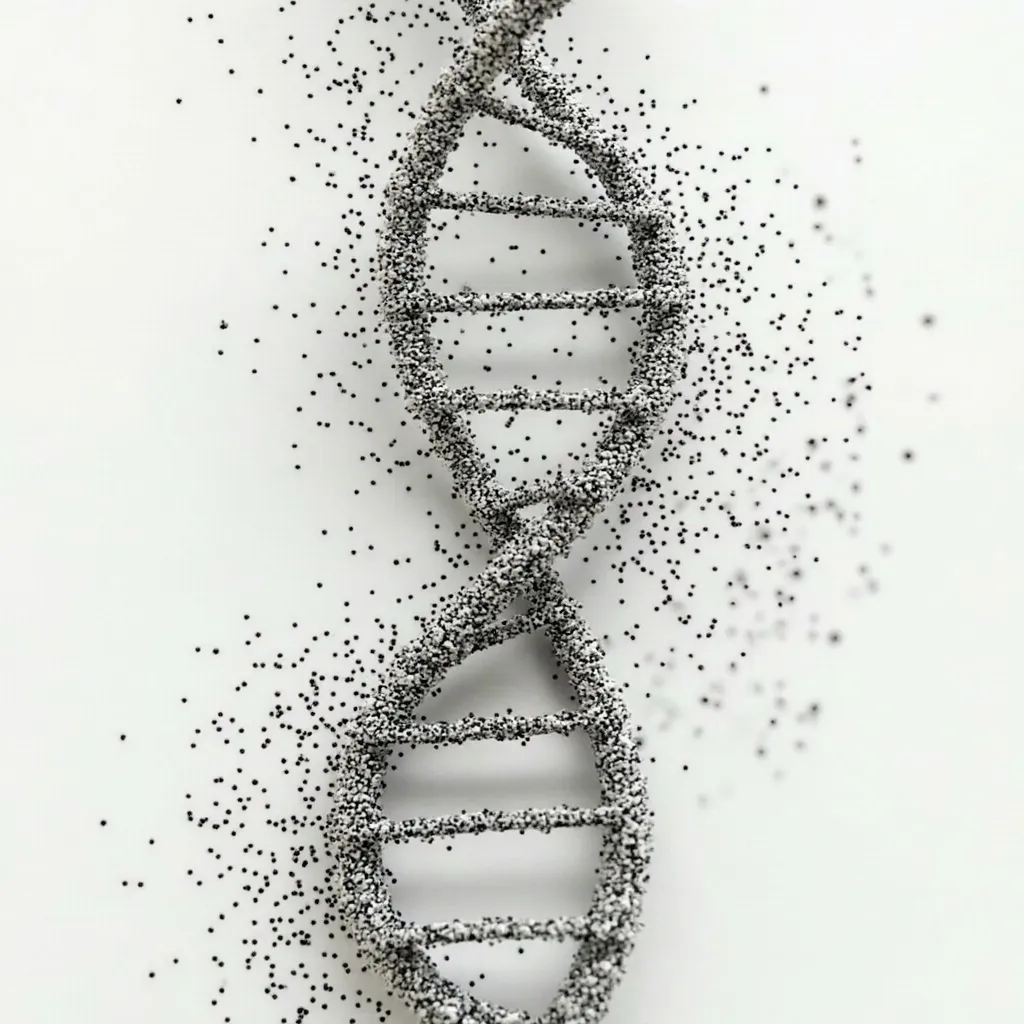Understanding Polymorphism Genetics
Polymorphism genetics explores the variations in DNA sequences among individuals in a population. These variations arise naturally and are a significant factor in the study of genetics, informing about diversity within species, disease susceptibility, and responses to environmental factors or medications.
What Are Genetic Polymorphisms
Genetic polymorphisms are variations in DNA that occur commonly in the population. These variations typically involve a single nucleotide known as single nucleotide polymorphisms (SNPs), though they can include larger structural changes such as insertions, deletions, and duplications. A polymorphism must occur in at least 1% of the population to be considered common.
Importance of Polymorphisms in Genetics
Polymorphisms play a crucial role in genetics by contributing to individual differences in susceptibility to diseases, responses to drugs, and other traits. SNPs, in particular, are important markers in mapping genes associated with complex diseases. They help identify genetic predispositions to conditions like heart disease, diabetes, and certain types of cancer.
Types of Polymorphisms
Genetic polymorphisms can be categorized into several types:
-
Single Nucleotide Polymorphisms (SNPs): These are the most common type of genetic variation among people and involve a change in a single nucleotide base pair in the genome.
-
Insertions and Deletions (Indels): These occur when small segments of DNA are inserted into or deleted from the genome, affecting gene function.
-
Copy Number Variations (CNVs): These involve larger segments of DNA that are duplicated or deleted, contributing to genetic diversity and potential disease susceptibility.
Polymorphisms and Disease
Certain polymorphisms are associated with an increased risk of developing health issues. For example, specific SNPs have been linked to an elevated risk of developing breast cancer. Understanding these genetic variants is crucial for the development of personalized medicine, where treatment plans could be tailored based on an individual's genetic makeup.
Practical Applications
Incorporating knowledge of genetic polymorphisms, services like ChatDNA can provide insights into how one's unique genetic makeup could influence health and wellness. By analyzing one's DNA, these services can offer personalized information on potential health risks and lifestyle recommendations.
Lesser-Known Aspects of Polymorphism Genetics
Microsatellites, or short tandem repeats (STRs), are repeated sequences of DNA that vary highly between individuals. They are used in genetic linkage analysis and have applications in forensic science and paternity testing due to their high variability and ease of analysis. Another important aspect is the role of epigenetic changes, such as DNA methylation, which can affect gene expression without altering the underlying genetic sequence and may interact with polymorphisms to influence traits and disease risks.
Conclusion: Genetic Polymorphism in Research and Medicine
Polymorphism genetics is a fundamental element in understanding human diversity and providing insights into complex traits and conditions. Researchers continue to study these variations to unlock new biological pathways and develop strategies for improved healthcare. Advances in genetic analysis allow individuals to explore their genetic make-up more comprehensively, leading to insights into personal health and potential risks. Understanding genetic polymorphisms is pivotal to advancing personalized medicine and improving health outcomes across populations.
What is ChatDNA?
ChatDNA can analyze your DNA to answer any question. When you ask a question it will provide clear explanations and meaningful insights about who you are at a genetic level.
You can import existing DNA results from all major services like 23andMe and AncestryDNA or purchase a new DNA test kit through ChatDNA.
ChatDNA is especially valuable for anyone interested in:
- Understanding how their genes influence health and wellness
- Learning about their unique genetic traits
- Discovering personalized insights about their biological characteristics
- Getting clear, conversational answers to their DNA-related questions
Ready to get answers about your DNA? Visit ChatDNA.co to get started.
